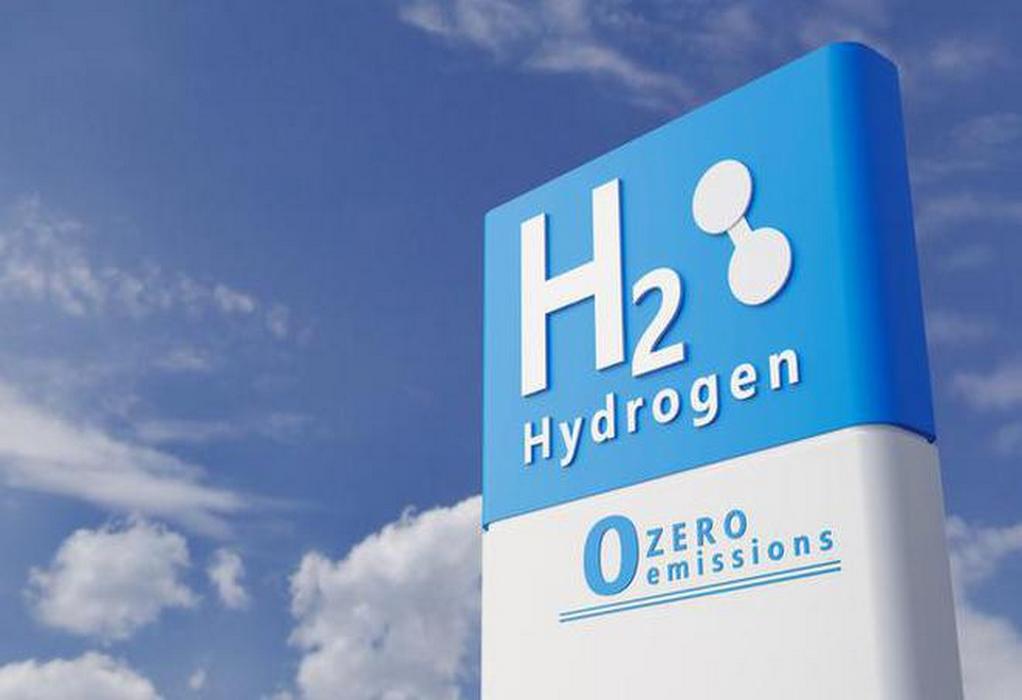During the Prime Minister Narendra Modi’s official visit to Germany, India and Germany have signed a pact on Green Hydrogen. India’s Union Minister for Power and New and Renewable Energy, RK Singh and German Minister for Economic Affairs and Climate Change, Robert Habeck signed the joint declaration virtually whereby the two countries intend to form an Indo-German Green Hydrogen Task Force. Modi’s Europe trip that will cover Denmark, France and Germany has a heavy focus on areas of agreement and cooperation involving climate change mitigation jointly.
The Task Force will strengthen mutual cooperation in production, utilisation, storage and distribution of green hydrogen through building enabling frameworks for projects, regulations and standards, trade and joint R&D projects.
The official statement informs that the trade of green hydrogen and its derivatives such as green ammonia and green methanol would form the cornerstone of the collaboration.
The Indo-German Green Hydrogen Task Force will be created to strengthen mutual cooperation in production, utilisation, storage and distribution of green hydrogen through building enabling frameworks for projects, regulations and standards, trade and joint research and development (R&D) projects.
Power Minister Singh stressed on the need for developing storage for balancing renewable energy such as pumped hydro and battery storage. RK Singh said that India will also need large capacities of electrolysers manufacturing for green hydrogen.
He also invited German industry to come and compete to develop the green hydrogen ecosystem in India. India has launched the National Green Hydrogen Mission with the goal to make the country the global hub of green hydrogen production and export. On the other hand, Germany too has its National Hydrogen Strategy to make the country a global leader in hydrogen technologies.
The official statement says that India is blessed with abundant renewable energy potential and experience in RE projects that can help it to produce low-cost green hydrogen to progressively decarbonise a range of industry sectors, and also export it to meet global demand.
The official statement maintains that the trade of green hydrogen and its derivatives such as green ammonia and green methanol would form the cornerstone of the collaboration. Institutional collaboration in joint research, lighthouse projects, innovation clusters and hydrogen hubs would catalyse the synergistic efforts of the two countries, the statement said.
The ambitious deployment targets would also create attractive investment and business opportunities for industries from both countries. This requires a global upscale of green hydrogen production and offtake. India and Germany therefore support the establishment of a global green hydrogen economy, to facilitate the achievement of the goals under the Paris Agreement.
Source: Saur Energy
Tags: Climate Change, Germany, Green Hydrogen, India, PM Modi, RK Singh



Recent Posts
New Report Highlights Potential of Voluntary Insetting to Support Maritime Decarbonisation, Calls for Robust Safeguards
Smart Ship Hub achieves industry first with ABS emission reporting
Henkel Rolls Out India’s First Mid-Haul Re-Powered Electric Trucks for Commercial Logistics
Sustainability in Focus at 11th SIAM Automotive Logistics Conclave in New Delhi
L&T Energy GreenTech to Establish India’s Largest Green Hydrogen Plant
JK Srivastava Group and Hynfra Announce $4 Billion Green Ammonia Project in Andhra Pradesh
Andhra Pradesh Unveils Ambitious Green Hydrogen Valley Plan to Lead India’s Energy Transition
South Africa advances plans to decarbonize shipping sector